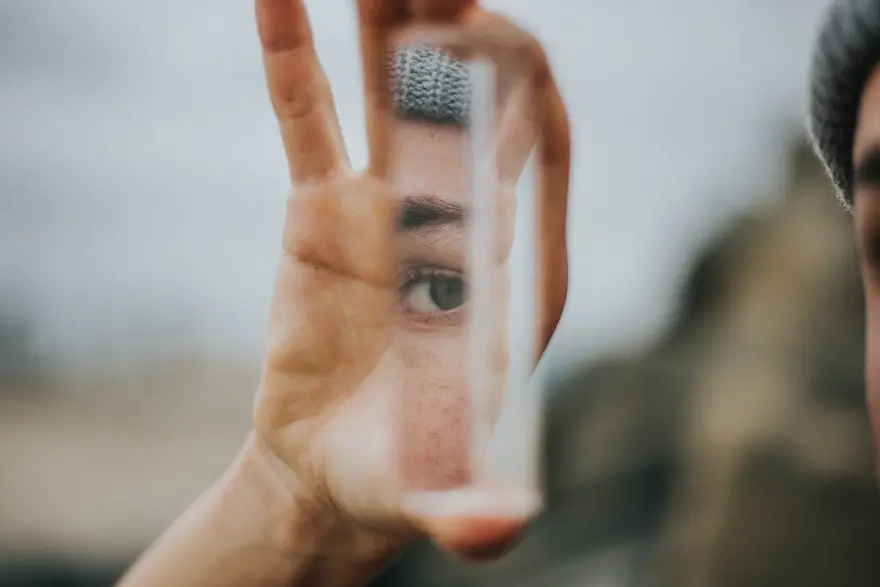Understanding and Overcoming Unconscious Bias in the Hiring Process
The hiring process is one of the most important tasks for a recruiter, and for job applicants, it can be a life-changing experience. But what happens when unconscious biases come into play, and how do they impact the recruitment process? In this blog post, we’ll explore how both recruiters and job applicants can be affected by biases and what they can do to overcome them.
The Impact of Unconscious Bias
Let’s begin with a hypothetical scenario: a recruiter is reviewing a stack of resumes for an open position. They come across a resume from an applicant with a name that sounds unfamiliar to them, and they immediately make assumptions about the applicant’s qualifications and fit for the position. This is an example of unconscious bias – the recruiter is making assumptions about the applicant based on their name, without even realizing it.
The Applicant’s Perspective
Now, let’s introduce the applicant, who is a highly qualified individual with relevant experience and skills. Unfortunately, because of the recruiter’s biases, they may not even make it to the interview stage. This is a classic example of how unconscious biases can negatively impact the hiring process.
Strategies for Recruiters to Overcome Bias
To overcome these biases, recruiters need to be aware of their own thought processes and actively challenge their assumptions about job applicants. They can do this by using structured interviews, blind resume reviews, and diverse hiring panels. By taking these steps, recruiters can ensure that they are evaluating candidates based on their skills and qualifications, rather than their personal biases.
Strategies for Job Applicants
Job applicants also have a role to play in combating unconscious biases. They can take steps to ensure that their resumes and job applications highlight their relevant skills and qualifications, e.g. by drafting application documents with ResuFit. They can also research the company and the position they are applying for to ensure that their application is tailored to the job requirements. Finally, job applicants can also request feedback from recruiters to understand where they may need to improve their job applications.
Real-World Examples of Bias
Unconscious biases can have a significant impact on the recruitment process for both recruiters and job applicants. By being aware of our own biases and taking steps to challenge them, we can ensure that the hiring process is fair and based on qualifications and skills.
Overcoming Stereotype Bias
Imagine you’re walking down the street and you see a person who is dressed in a certain way that may trigger a bias in your mind. For example, you may see a person who is wearing a hoodie and jeans and assume that they are up to no good, or you may see someone who is dressed in a suit and tie and assume that they are successful and trustworthy.
These assumptions may seem harmless, but they can have negative consequences. For example, if you assume that the person in the hoodie is a criminal, you may treat them with suspicion or fear, even if they are just minding their own business. On the other hand, if you assume that the person in the suit is successful and trustworthy, you may be more likely to trust them, even if they have not earned your trust through their actions.
Challenging Our Assumptions
This type of bias is known as “stereotype bias,” where we make assumptions about people based on their appearance or other characteristics. Stereotype bias can be harmful because it can lead to discrimination and prejudice, even if we don’t intend it. To overcome stereotype bias, it’s important to be aware of our own assumptions and challenge them. We can do this by getting to know people as individuals, rather than making assumptions based on their appearance or other characteristics. We can also seek out diverse perspectives and challenge our own biases by exposing ourselves to new ideas and experiences.
Conclusion
In conclusion, we all encounter situations in our daily lives where we may be biased in a positive or negative way. By being aware of our own biases and taking steps to challenge them, we can create a more inclusive and equitable world for all.

